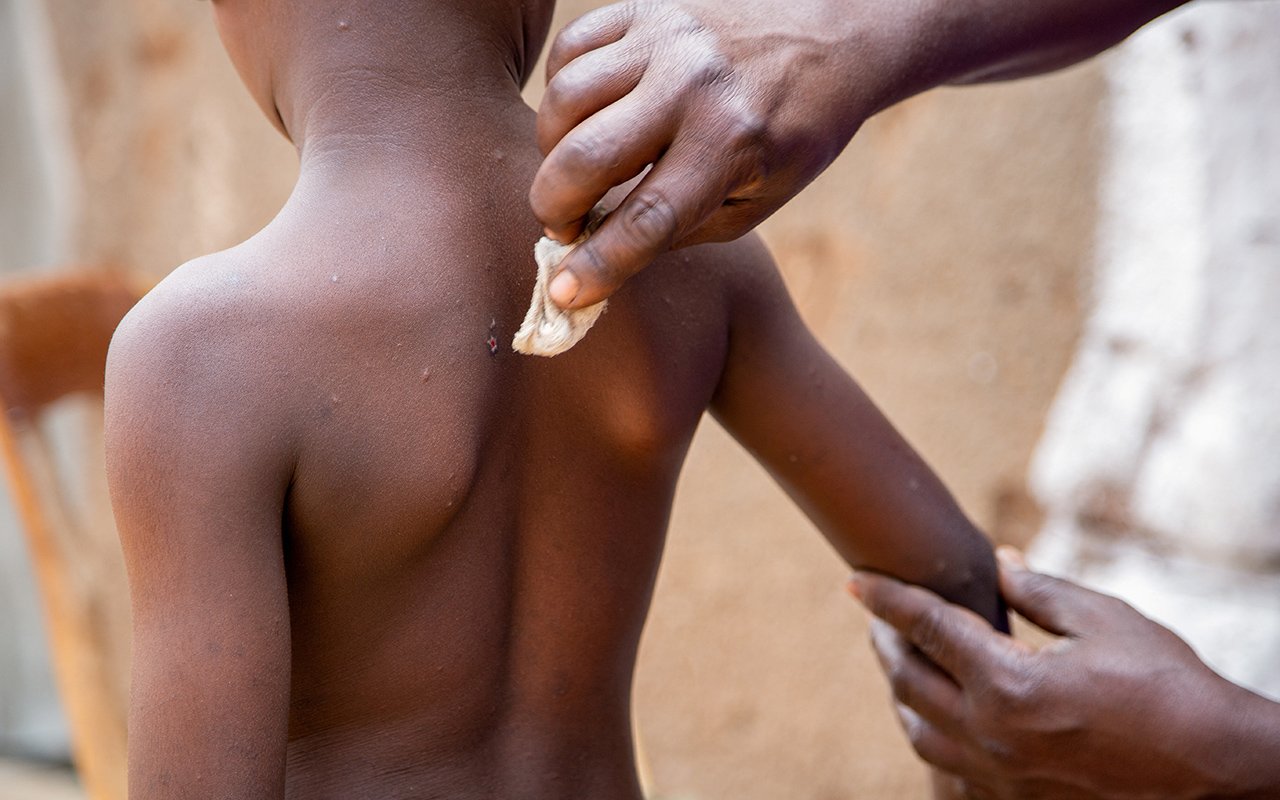
Author, Gordon Brown. PHOTO/FILE/COURTEYS
In the lead-up to this historic election year, many feared that Europe’s rightward shift would undermine international cooperation and jeopardise decades of social progress. These fears have now materialised in the Netherlands, where the governing Dutch Party for Freedom, led by the far-right populist Geert Wilders, refuses to send mpox vaccines to the Democratic Republic of the Congo (DRC), where the disease is spreading rapidly.
Despite the World Health Organisation’s urgent call for Western countries to send unused mpox vaccines to Africa, Dutch Health minister Fleur Agema, a member of Wilders’s party, has flatly refused to release any of the Netherlands’ 100,000 doses.
Agema’s refusal is baffling, given that many of these doses are set to expire by 2025 and could be destroyed without ever being used.
The Dutch National Health Institute has made it clear that containing the outbreak in Africa is the most effective way to prevent it from spreading to Europe. Even the centre-right New Social Contract party has advocated a pragmatic approach, urging the government to “do what we can to contain the mpox outbreak at the source.”
Meanwhile, the Africa Centres for Disease Control and Prevention (Africa CDC) has reported that 20,000 people have been infected across the continent after the virus mutated into a faster-spreading strain.
Outbreaks have been confirmed in 12 African countries, including Rwanda, Kenya, and Uganda, as the disease continues to spread from the DRC, where it has claimed the lives of 615 people to date. Alarmingly, cases have now been reported in distant countries like Thailand and Sweden.
Even before the Dutch announcement, Western countries were slow to respond to the mpox outbreak.
Stella Kyriakides, the European Union’s Health Commissioner, has urged member states to donate more mpox vaccines. In response, the European Commission’s Health Emergency Preparedness and Response Authority has delivered more than 215,000 doses to African countries.
But with the virus spreading rapidly, DRC Health minister Samuel-Roger Kamba has called on European countries to increase their pledges.The international community must do more.
So far, Japan has pledged more than three million doses of its LC16m8 vaccine, which is also recommended for children, and the United States has committed to donating 50,000 doses to the DRC.
In Europe, it is the Spanish government leading the way, with Prime Minister Pedro Sánchez pledging 500,000 vaccine doses – 20 percent of the country’s stock – and proposing that all EU members states donate the same proportion of their supplies.
Germany and France have each promised to deliver 100,000 doses, and Austria has offered part of its 34,000-dose stockpile.But with the Africa CDC estimating that up to 10 million doses may be required to contain the outbreak, much more must be done.
The failure to demonstrate greater solidarity risks further straining EU-Africa relations, already damaged by Europe’s reluctance to supply vaccines to developing countries during the Covid-19 pandemic, insufficient humanitarian aid to tackle the ongoing food crisis, and repeated delays in meeting the bloc’s long-term climate-financing commitments.
To be sure, affected countries must also step up their efforts to combat the virus. Stopping transmission requires governments to engage local communities, strengthen health systems, invest in infrastructure, and ensure workers are trained to administer vaccines.
But combating the mpox epidemic will be impossible without enhanced international support. With the two-dose vaccine priced at $70-100 per dose – prohibitively high for the world’s poorest countries – the financial burden of eradicating the disease must be shared.
The immediate lesson of Africa’s mpox crisis is that the begging-bowl approach, where action is taken only after a crisis has already erupted – and often too late – must end. -- Project Syndicate
Gordon Brown is the former Prime Minister of the United Kingdom









